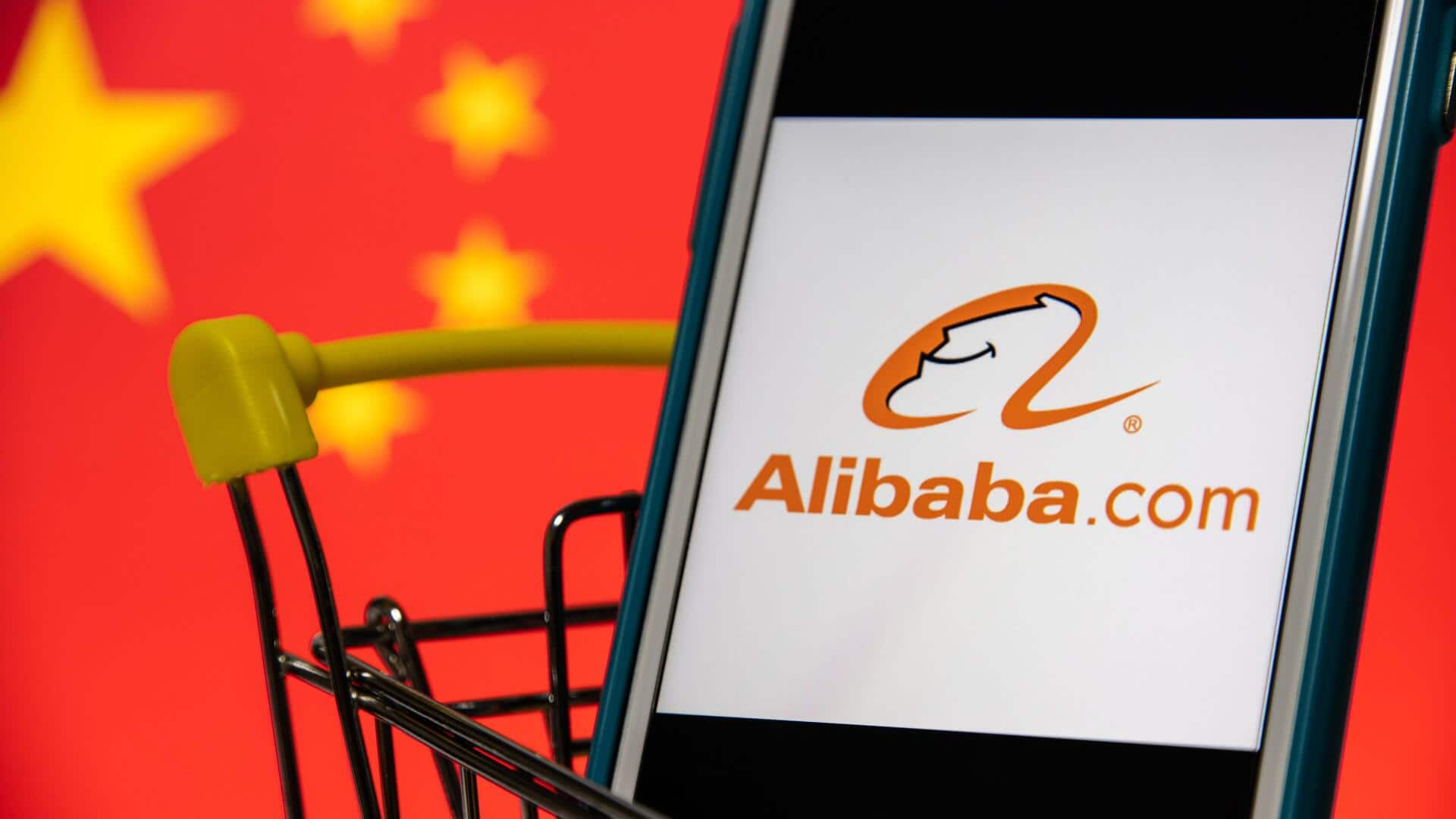
Alibaba unveils $7B subsidy plan to boost e-commerce in China
What's the story
Chinese tech giant Alibaba has announced a massive $7 billion subsidy plan to boost its online retail platform. The move comes as part of an effort to stimulate spending in the country, which has been struggling with sluggish consumption. Taobao, China's leading e-commerce platform launched by Alibaba in 2003, made the announcement in a WeChat statement on Wednesday.
Beneficiaries
How the subsidies will be distributed
The 50 billion yuan ($6.97 billion) subsidy will be offered directly to consumers and merchants over a period of 12 months, starting Wednesday. The incentives will be provided on Taobao's "flash purchase" feature in the form of "red envelopes," discounts on products, delivery services, and commissions. This initiative is aimed at providing consumers with preferential and convenient services while further stimulating consumption vitality in China.
Economic hurdles
China's battle with deflationary pressure
China is currently battling deflationary pressure, which could hurt economic growth. A prolonged property sector crisis and a trade war with the United States have made Chinese households wary of major purchases. In response, authorities have launched aggressive policy measures to boost spending, including key interest rate cuts and consumer goods trade-in schemes. However, the results have been mixed so far.
Market strategy
Alibaba's plan to counter competition
Alibaba's massive subsidy plan comes as the company faces increasing competition from new players like PDD Holdings Inc. and Meituan in China's e-commerce and food delivery markets. The move is part of Alibaba's strategy to boost its instant commerce business in China. Despite these challenges, Alibaba CEO Eddie Wu has pledged to pivot the company toward AI for future growth.